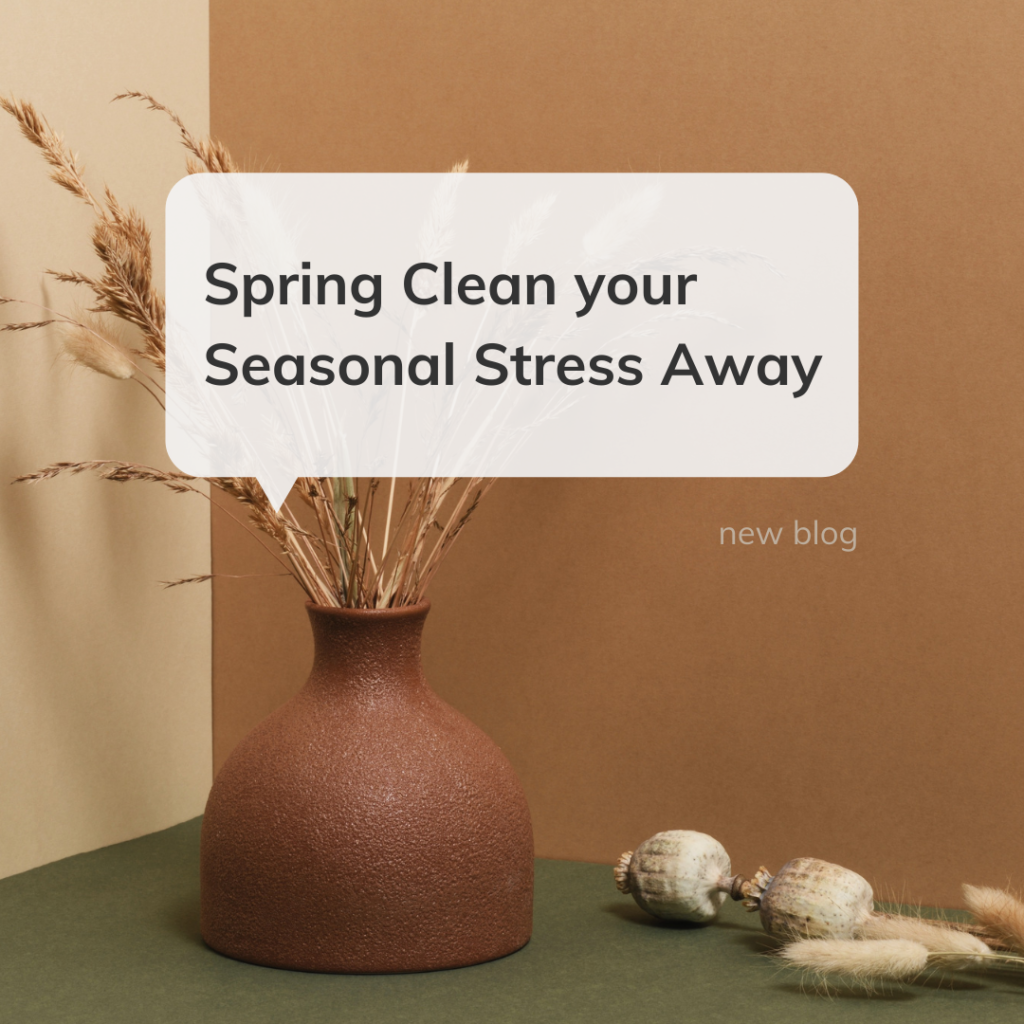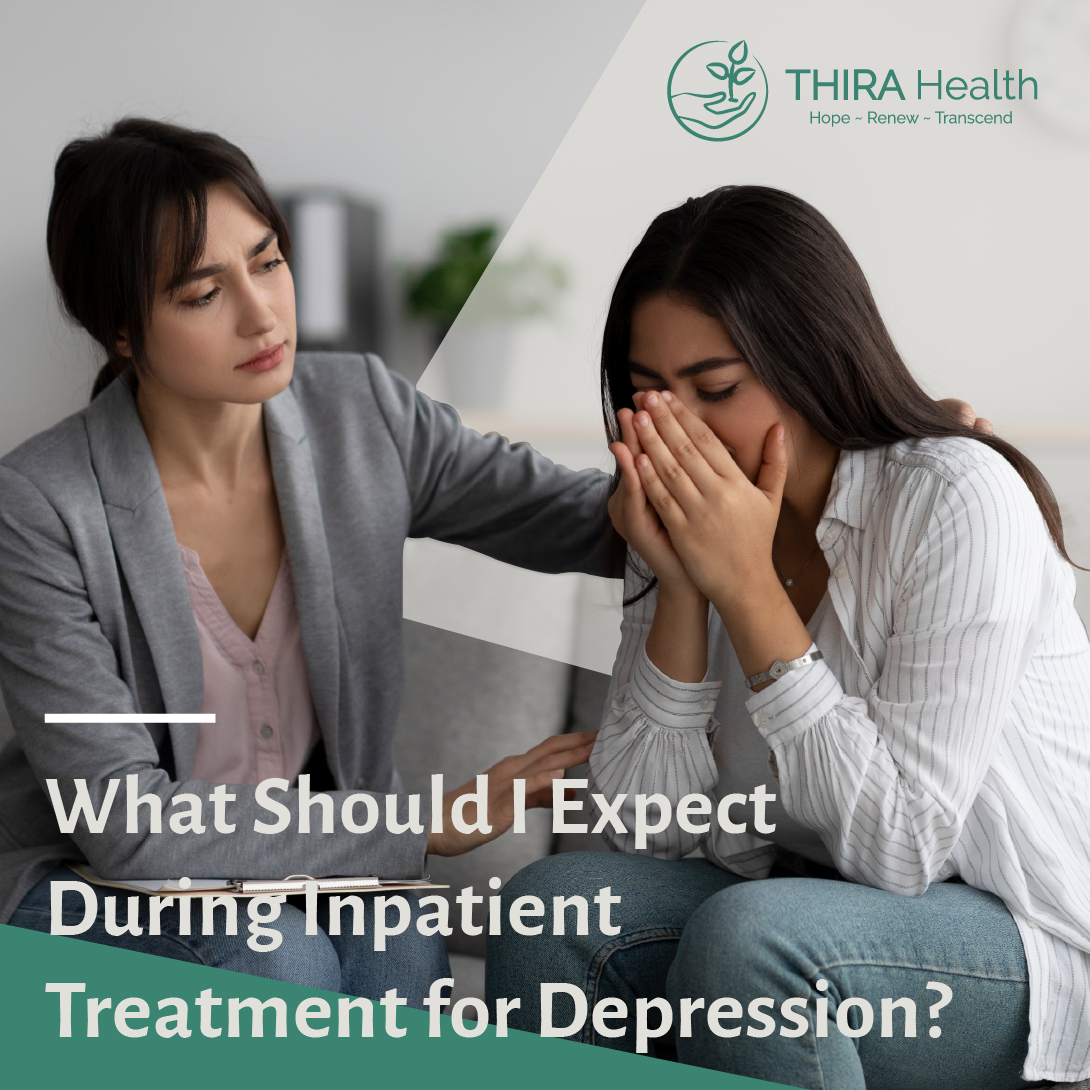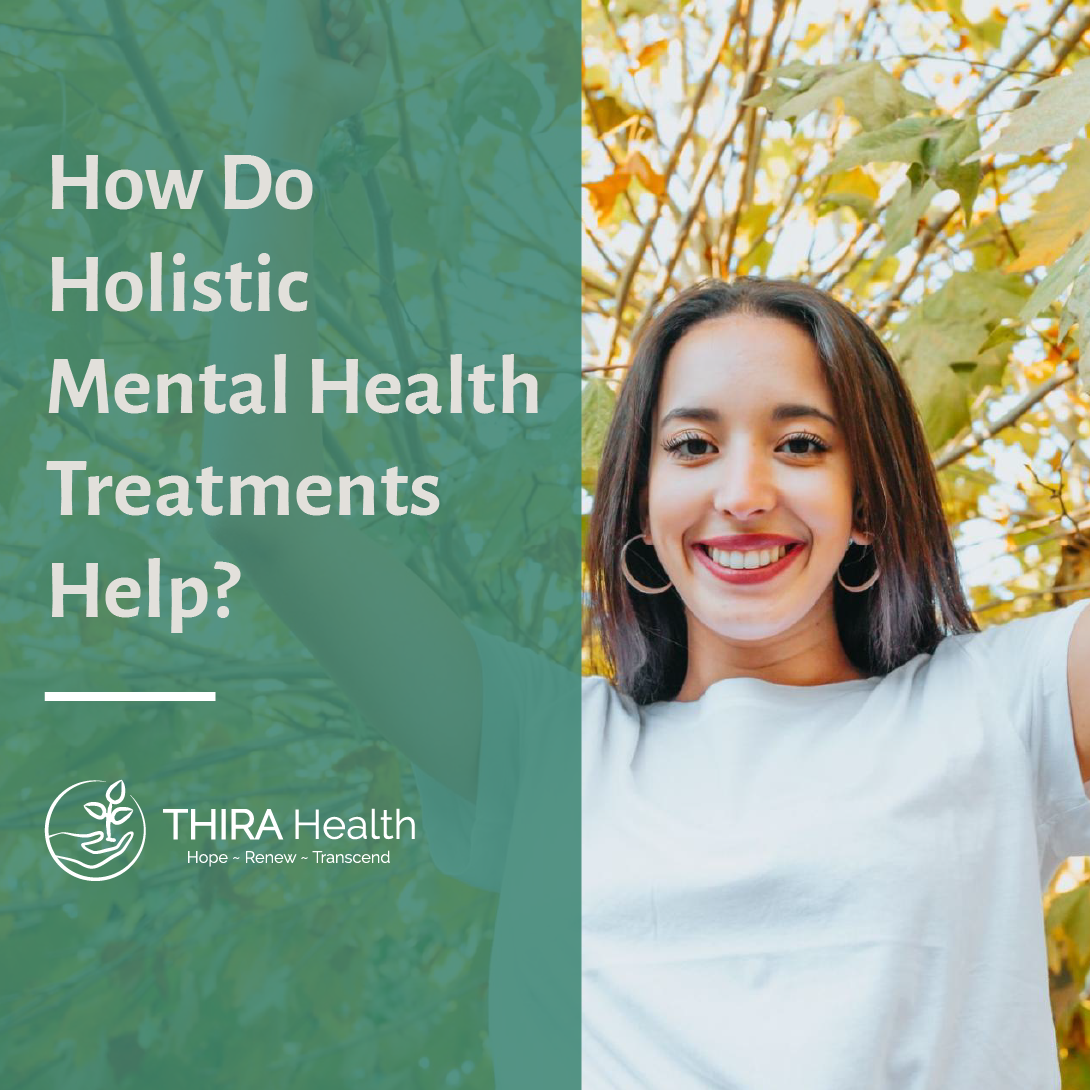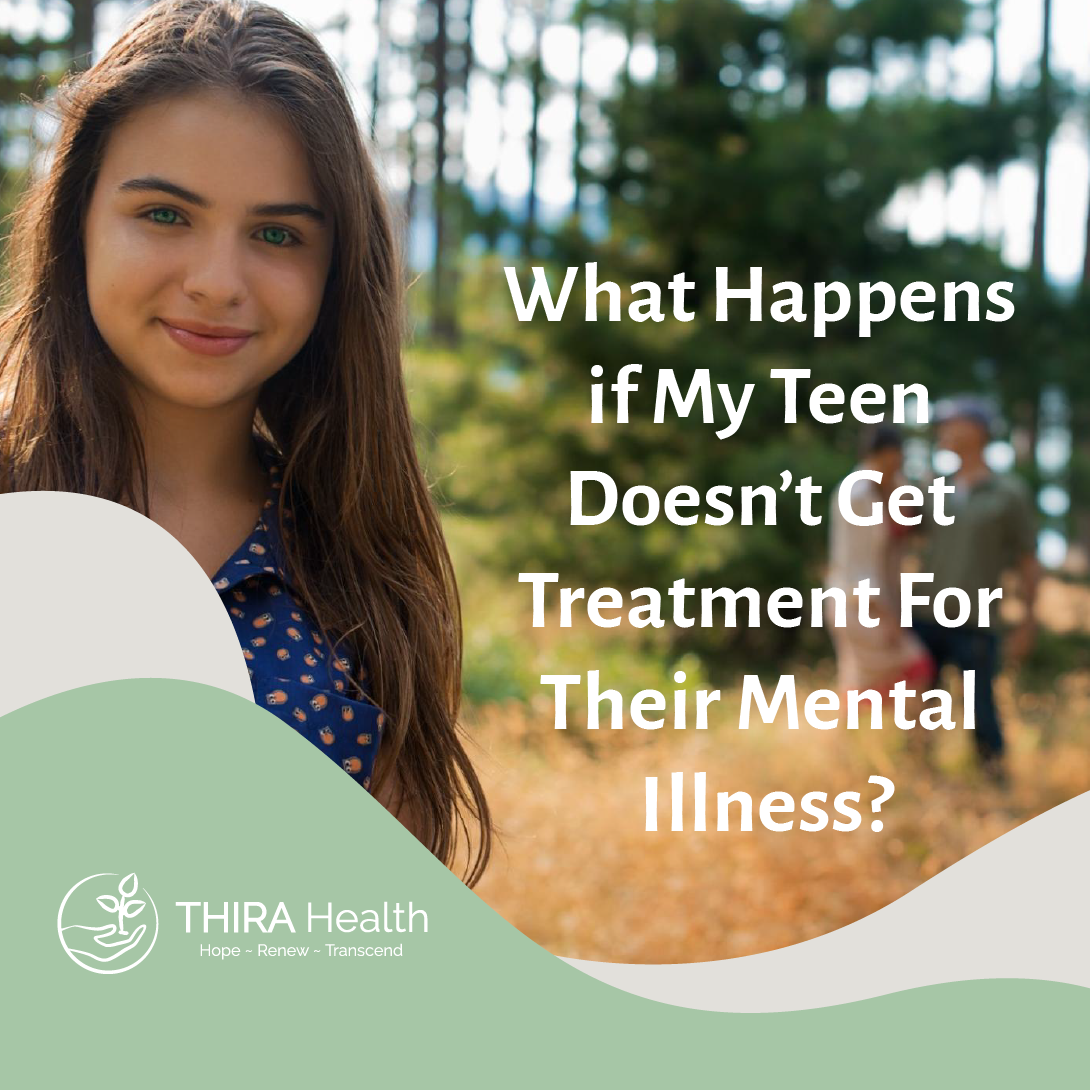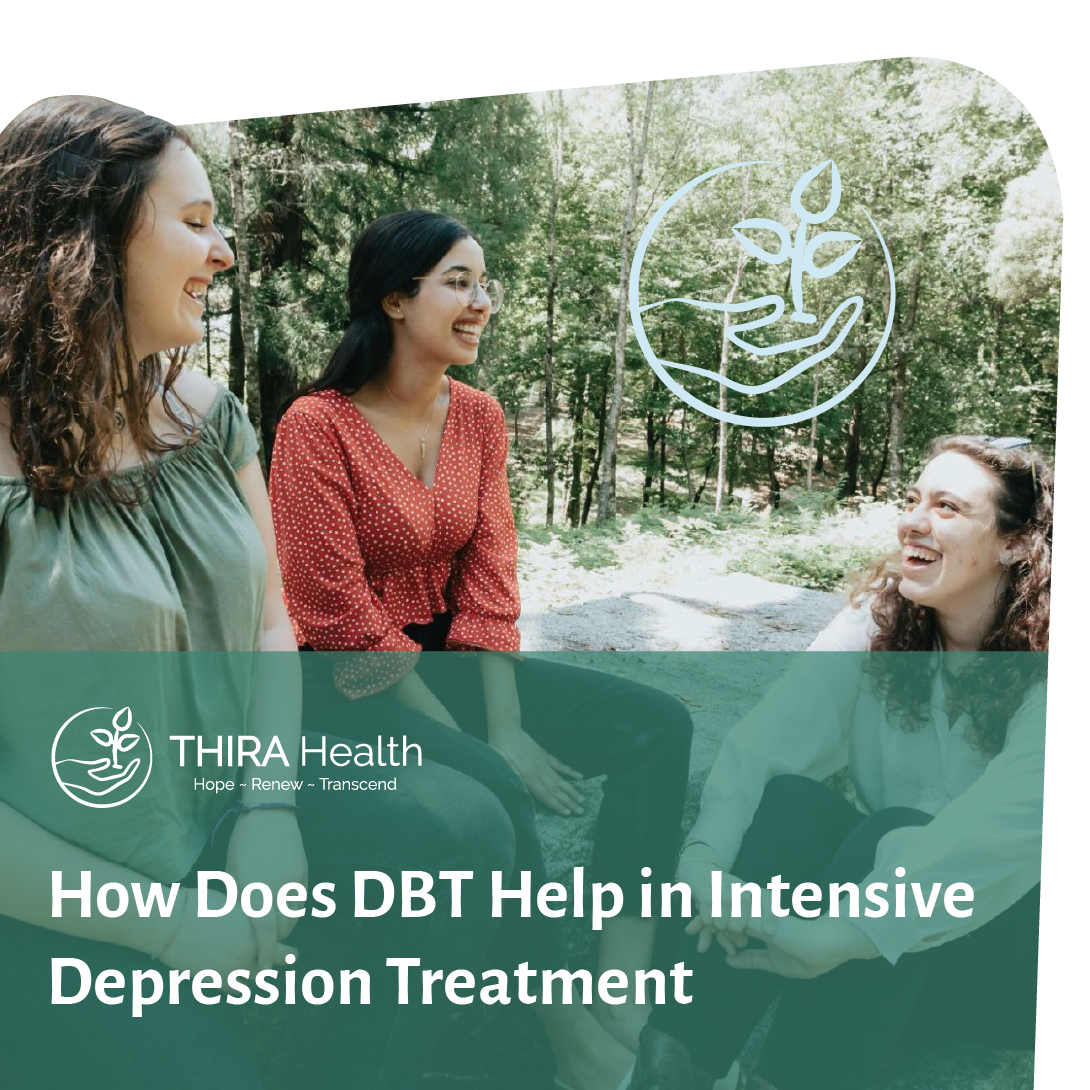Spring is a chance for us to sweep out the emotional backlog of the cold winter months. Today’s blog shares how THIRA Health works to join the mind and body for better mental health and awareness.
Winter Solstice or Winter SAD-ness?
Aside from the research on Seasonal Affective Disorder (SAD) that can create depressive symptoms, other elements of the colder months affect much more. Impacts on our circadian rhythms due to shortages of sunshine, disrupted sleep/wake states, and the often inevitable holiday stress serve to make this a challenging time of year, especially while enduring these additional elements for those with preexisting mental health conditions.
Even as people across the world engage in the excitement of the Winter Olympics, Olympic athletes are taking to their social media to recall the importance of caring for your mental health (many as a tribute to the courage of Simone Biles who put herself first in a public way last year). Research shows that our mental health is critical during months where we are indoors without much light, and especially in a pandemic without many people near us.

Cleaning the Mental Clutter
The winter months (at least if you live in a place where the change in weather is obvious) bring the blues along with its lesser degrees. We are forced to settle in and wait it out until the sun starts to stay around longer during the day and temperatures rise…but have you noticed how hard it is to sit and wait for anything? When we spend time waiting around, regardless of whether it is for summertime, a fortuitous opportunity, or something new to take shape, we are left with anxiety, impatience, and mental chatter that accompanies this flex period.
Spring is a chance to clean all that muck out of your mind and give yourself the cleanse you need. At THIRA Health, we believe in the power of the mind-body connection; if we listen to our bodies and allow them to move us, there are more choices to heal and recover from the “seasons” of life. Join us as we consider practical ways you can move your body, shift your mindset, and join the sunshine.
Here are just a few tips to declutter your emotional backlog from a stressful winter season and get some fresh air in your own head.
Move out of Winter, Spring into Movement
Exercise has so many physical health benefits, and your mental health will thank you too. With the advent of fitness apps and online workout videos, access to movement has never been easier (especially if you live in a cold-weather state where outdoor exercise is a non-starter). Studies show that physical movement promotes mental clarity, improves mood, and gets endorphins flowing that remind you of what forward movement feels like. Whether it’s an online fitness program, decluttering your garage, or taking a bundled walk, all movement is good movement!
Establish a Routine
We can often get lost in fatigue, depression, anxiety, or hopelessness when it feels like we have nothing to look forward to. As you welcome Spring, make yourself a priority – set a meeting with yourself about how you want to feel and what you want to accomplish, and brainstorm some pathways of getting there. If your goal is to be more aware of your emotions, incorporate a mood journal and meditation into your mornings or evenings.

Stay Present, Stay Mindful, Stay Grateful
When we can access the present, we resist the urge of letting tomorrow or yesterday steal our peace. Find the place where you feel most comfortable and at ease – this might be a special chair, an outside bench, or right in the middle of your living room floor. Take deep cleansing breaths that remind you that the present moment is the only place you need. This enables us to practice gratitude. Studies show that when we are grateful, this corrects our neural pathways toward “happier” emotion, and improves how we connect with others.

Seek Help
Above all else, seek help if this “Spring” into action doesn’t feel quite manageable enough on your own. We often see clients who have spent years trying to avoid emotions, but here at THIRA Health, we encourage tapping into your body and helping you listen to what socioemotional and physiological needs might be rising through our whole-person approach. Therapy can be helpful in workshopping your emotions, vocalizing and prioritizing your immediate and long-term needs, and is a space uniquely for you.
To learn more about how individual therapy can help you reset in the new season, visit us for more information on services!
